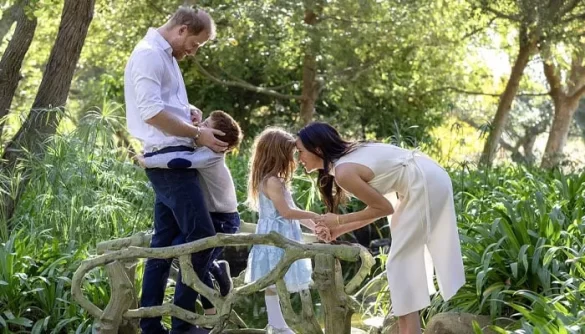Announcement by Zoheb Hassan
Munza Hassan, mother of legendary South Asian pop singer Nazia Hassan and her brother, singer-producer Zoheb Hassan, has passed away.
The news was confirmed by Zoheb Hassan through a heartfelt Instagram post on Friday.
Sharing a short video montage of his mother’s photographs, Zoheb wrote:
“My mother, my love, and my guide has passed away.”
He did not release details of the funeral or burial arrangements.
A Long Battle with Illness
According to family sources, Muniza Hassan had been unwell for a long time and was suffering from dementia, a progressive neurological disease that affects memory and cognition.
Her condition had worsened in recent years, requiring round-the-clock care.
In fact, Zoheb Hassan returned to Pakistan several years ago to personally oversee her treatment and provide support. Friends of the family describe his devotion as a reflection of the close-knit relationship they shared.
A Family Marked by Loss
This is not the first tragedy for the Hassan family.
Muniza’s husband, businessman Basir Hassan, passed away in May 2020.
Years earlier, in August 2000, her daughter Nazia Hassan – often hailed as the “Queen of South Asian Pop” – died at the age of 35 after a long battle with lung cancer.
Nazia’s death was a major cultural moment across South Asia.
Her songs, including “Aap Jaisa Koi” and the album “Disco Deewane”, had redefined pop music in the 1980s and inspired a generation of artists.
Muniza Hassan was known to have played a strong supportive role in both Nazia and Zoheb’s musical careers, encouraging them to pursue modern pop in a region then dominated by classical and film music.
Legacy of a Cultural Icon’s Family
The Hassan family remains one of the most celebrated musical households in Pakistan’s history.
While Nazia achieved international fame, Zoheb continued to perform and produce music.
Together, the siblings sold millions of records worldwide and opened the door for Pakistani and Indian pop musicians to gain mainstream recognition.
Behind their success was Muniza Hassan, who raised her children in a liberal, forward-looking environment at a time when Pakistan’s music scene was still evolving.
Those close to the family describe her as a dignified, resilient woman who balanced family responsibilities while quietly shaping the trajectory of her children’s artistic contributions.
Dementia in Pakistan: A Growing Concern
Muniza Hassan’s passing also highlights the growing health challenge of dementia in Pakistan.
According to Alzheimer’s Pakistan, an estimated 150,000 people in the country live with the condition, though the actual number is likely higher due to underdiagnosis.
Families often face immense emotional and financial stress while caring for loved ones, as specialized facilities remain limited.
Zoheb’s decision to return home to care for his mother mirrors the experiences of many Pakistanis who must shoulder caregiving duties in the absence of formal support systems.
Tributes and Public Reaction
Following the announcement, fans and members of the music community expressed condolences on social media.
Many recalled how the Hassan family had brought joy to millions of listeners, even as they endured personal hardships.
One fan wrote: “We grew up with Nazia and Zoheb’s songs. Their mother raised two icons, and she deserves our respect.”
Others shared old photographs of Muniza attending concerts with her children, highlighting her behind-the-scenes presence in their journey.
Closing
With Muniza Hassan’s passing, the family has lost another pillar.
Her death marks the end of a chapter for one of South Asia’s most influential musical dynasties.
While details of funeral arrangements remain private, tributes continue to pour in, underscoring her quiet but significant role in shaping modern South Asian pop culture.














